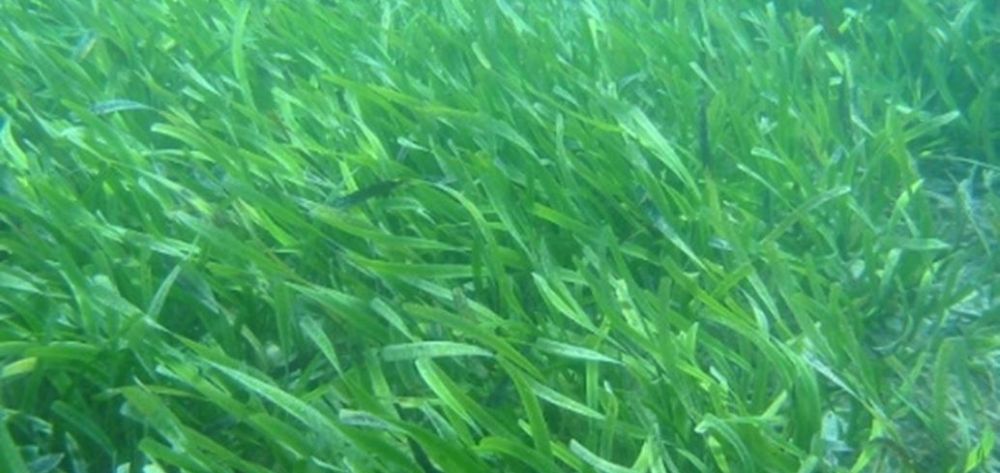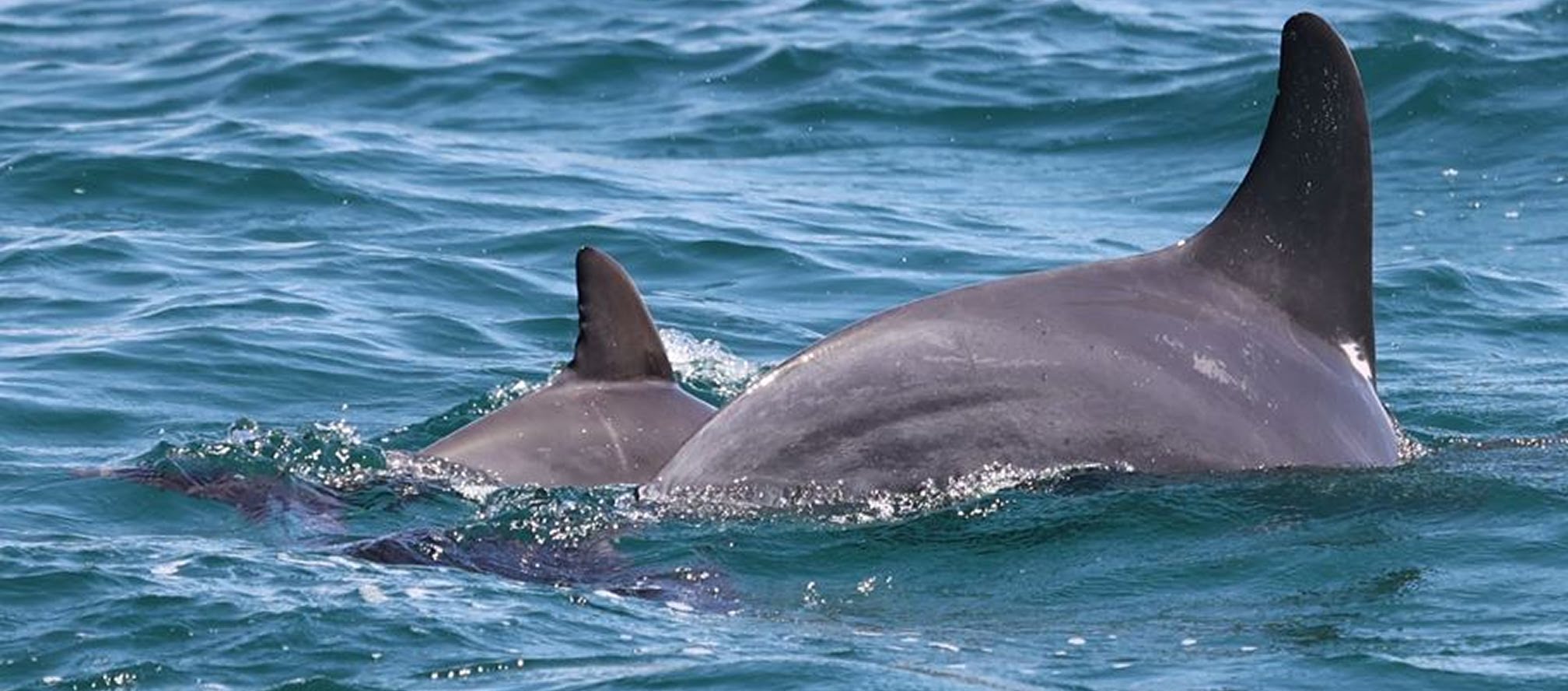
Westport has partnered with the Western Australian Marine Science Institution (WAMSI) to deliver the $13.5 million WAMSI-Westport Marine Science Program. This 3-year program is developing the latest data, information and modelling on the complex environmental systems and community values associated with Cockburn Sound.
Project 2.2: Seagrass thermal tolerance varies between species and within species across locations
Research Theme: Benthic Habitats and Communities
Researchers: N Said, C Webster, N Dunham, S Strydom and K McMahon
Publication Date: October 2024
How heat impacts seagrass species in different locations
With global climate change leading to increased sea temperatures, and seagrass communities likely to be being affected by such environmental changes, this research looked to understand which seagrass varieties in Cockburn Sound were more vulnerable to rising sea temperatures, and whether the same species of seagrass in different locations were affected equally.
This study looked at the thermal tolerance of 5 seagrass varieties found in Cockburn Sound - Posidonia sinuosa, Posidonia australis, Amphibolis antarctica, Amphibolis griffithii and Zostera nigricaulis, and one globally distributed species (H. ovalis). It also compared the performance of 4 of the seagrass types in locations with water temperature differences of up to 10°C.
Thermal tolerances were measured by placing plants in closed incubation chambers at temperatures ranging from 15-45°C to assess seagrass productivity, optimum temperature at which maximum photosynthesis occurred, and maximum thermal temperature for each species.
What the report found
- Zostera nigricaulis is already growing outside its optimum temperature range in Cockburn Sound.
- The thermal optimum for ovalis was higher than expected, meaning it is unlikely to be significantly affected by increasing sea temperatures within temperate regions.
- While the Amphibolis and Posidonia seagrass were largely unaffected by the marine heat wave of 2010/2011 well, future heat waves could see an increase on the temperatures observed then, potentially putting these two species at risk.
- Different species populations showed different thermal tolerance, seen particularly in the different locations of australis, P. sinuosa, and A. antarctica. This could help in restoration efforts with plants from for example, Jurien Bay, being transplanted into Cockburn Sound to assist improve genetic tolerance to future warming.
How Westport will use the report
As part of its commitment to supporting the long-term health of Cockburn Sound, Westport is intending to significantly scale up seagrass restoration efforts both before and after port development. This report identified that from the perspective of building thermal resilience, Westport prioritise efforts on Amphibolis and Posidonia seagrasses, which were most at risk.
Read the full report here.

